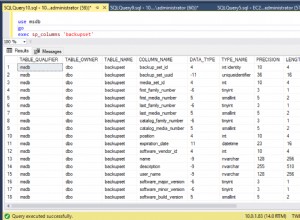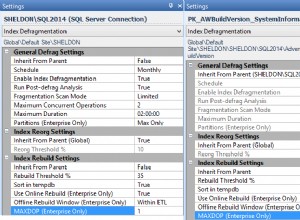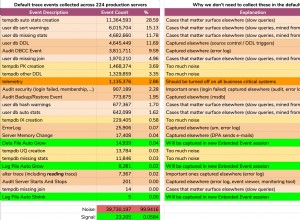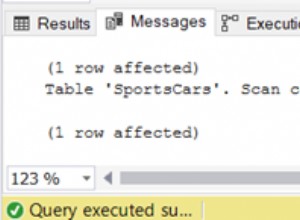mam nadzieję, że ci to pomoże
Najpierw utworzyłem tabelę car_history z danymi:
CREATE TABLE car_history (
id int(11) NOT NULL AUTO_INCREMENT,
car_id int(11) ,
car_status varchar(45),
comments varchar(45),
entry_date datetime ,
PRIMARY KEY (id)
) ;
INSERT INTO car_history (id, car_id,car_status,comments,entry_date) VALUES (1, '1', 'to_load', 'preparing', '2013-06-12 08:00:00');
INSERT INTO car_history (id, car_id,car_status,comments,entry_date) VALUES (2, '1', 'to_load', ' preparing goods', '2013-06-12 14:10:00');
INSERT INTO car_history (id, car_id,car_status,comments,entry_date) VALUES (3, '1', 'to_load', ' loading goods', '2013-06-12 17:00:50');
INSERT INTO car_history (id, car_id,car_status,comments,entry_date) VALUES (4, '1', 'loaded', ' finding driver', '2013-06-13 07:00:00');
INSERT INTO car_history (id, car_id,car_status,comments,entry_date) VALUES (5, '1', 'loaded', ' ready to deliver', '2013-06-13 08:00:00');
INSERT INTO car_history (id, car_id,car_status,comments,entry_date) VALUES (6, '1', 'on_road', ' delivering goods', '2013-06-13 09:00:00');
INSERT INTO car_history (id, car_id,car_status,comments,entry_date) VALUES (7, '1', 'in_garage', ' goods delivered', '2013-06-13 15:00:00');
INSERT INTO car_history (id, car_id,car_status,comments,entry_date) VALUES (8, '1', 'to_load', ' preparing', '2013-06-14 08:00:00');
INSERT INTO car_history (id, car_id,car_status,comments,entry_date) VALUES (9, '1', 'to_load', ' preparing goods', '2013-06-14 14:10:00');
INSERT INTO car_history (id, car_id,car_status,comments,entry_date) VALUES (10, '1', 'to_load', ' loading goods', '2013-06-14 16:00:50');
INSERT INTO car_history (id, car_id,car_status,comments,entry_date) VALUES (11, '1', 'loaded', ' finding driver', '2013-06-12 08:00:00');
następnie wykonałem to zapytanie
select table1.id, table1.car_id, table1.entry_date startDate,
table2.entry_date endDate, timediff(table2.entry_date , table1.entry_date) duration
from
(select @i1:example@sqldat.com+1 as rownum, temp.* from (select @i1:=0 ) as temp_iterator,
(SELECT ch1.id, ch1.car_id, ch1.entry_date FROM car_history ch1 left outer join car_history ch2 on ch1.id = ch2.id +1
left outer join car_history ch3 on ch1.id = ch3.id -1
where ch1.car_status = 'to_load' and
(ch1.car_status <> ch2.car_status or ch2.car_status is null
or ch1.car_status <> ch3.car_status or ch3.car_status is null)
order by ch1.id
) as temp) Table1 ,
(select @i2:example@sqldat.com+1 as rownum, temp.* from (select @i2:=0 ) as temp_iterator,
(SELECT ch1.id, ch1.car_id, ch1.entry_date FROM car_history ch1 left outer join car_history ch2 on ch1.id = ch2.id +1
left outer join car_history ch3 on ch1.id = ch3.id -1
where ch1.car_status = 'to_load' and
(ch1.car_status <> ch2.car_status or ch2.car_status is null
or ch1.car_status <> ch3.car_status or ch3.car_status is null)
order by ch1.id
) as temp) Table2
where table1.rownum = table2.rownum-1
and mod(table1.rownum,2) = 1
i wreszcie mam taki wynik:
id | car_id | startDate | endDate | duration
1 | 1 | 2013-06-12 08:00:00 | 2013-06-12 17:00:50 | 09:00:50
8 | 1 | 2013-06-14 08:00:00 | 2013-06-14 16:00:50 | 08:00:50




